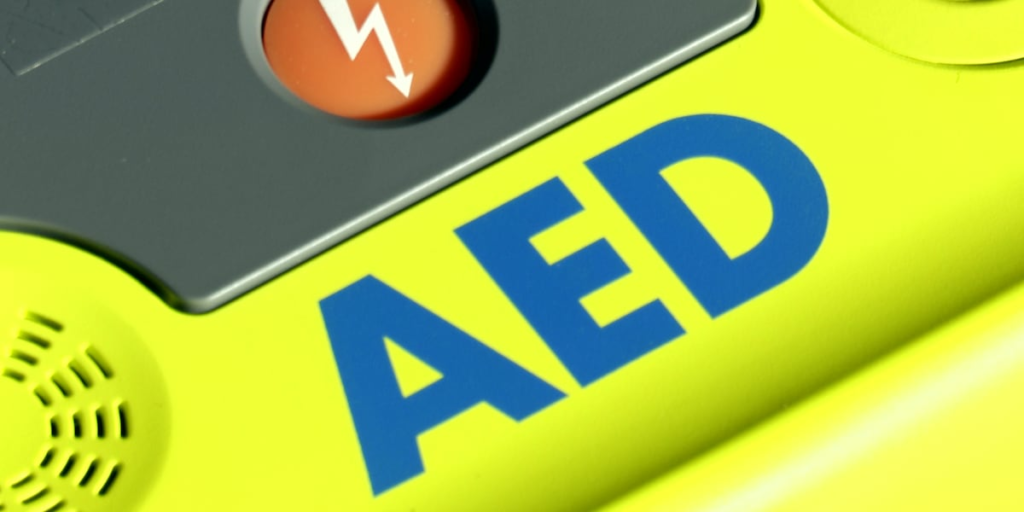GRAND ISLAND, Neb. (KSNB) – Sudden cardiac arrest is one of the leading causes of death in the U.S., according to the American Red Cross. However, an automated external defibrillator or AED can restore a regular heart rhythm.
Since 2008, Grand Island Public Schools have made safety a priority by implementing AEDs, even though 34 states, including Nebraska, don’t mandate them.
“It’s kind of a no-brainer that its one of those life saving devices that is needed and you hope you never have to pull it out of the package but when that day comes, Grand Island Public Schools will be ready,” Dan Petsch, Safety & Security Director of GIPS, said.
Petsch added having AEDs isn’t enough; accessibility is key.
“You need to be three to four minutes of walking distance of an AED,” Petsch said. “A good number of are buildings are small enough that they just have a single one, but middle schools, high schools we have multiple ones just cause of the largeness of the buildings.”
Carly Hirchert, an athletic trainer at Grand Island Senior High, said you never know when you will need one.
“We know they save lives and statistics say about a thousand people have some form of cardiac arrest every single day,” Hirchert said.
Despite the lack of requirements, the district is one step ahead.
“We’re lucky enough to have six at the high school and we are going through the process right now to purchase three portable ones that we are going to take with us to away events or give to teams that may have heart conditions,” Hirchert said.
The Grand Island Fire Department said there are 136 registered AEDs in the city. Chief Cory Schmidt encourages people to familiarize themselves with AED locations and how to use them.
“We always encourage people to look around, see where those devices are, be familiar with them especially if its at your work place or school,” Chief Schmidt said. “Know where they are at and take the opportunity to know how to use them prior to something coming to where you will need to use it.”
Although cardiac episodes can happen to anyone at anytime, there are precautionary measures you can take.
“Those physicals and those health care checks because that is when you are going to identify some of those heart conditions that aren’t super prevalent and don’t have a lot of signs and symptoms and that is going to be a huge lifesaver,” Hirchert said.
According to GIFD, every minute without an AED reduces survival chances by 10%, making quick access crucial.
Click here to subscribe to our KSNB Local4 daily digest and breaking news alerts delivered straight to your email inbox.
Copyright 2024 KSNB. All rights reserved.

